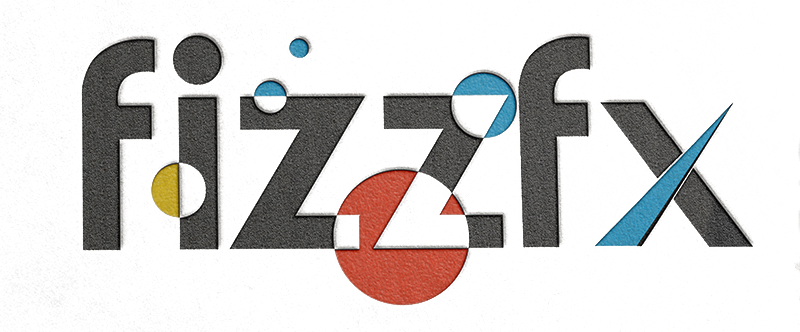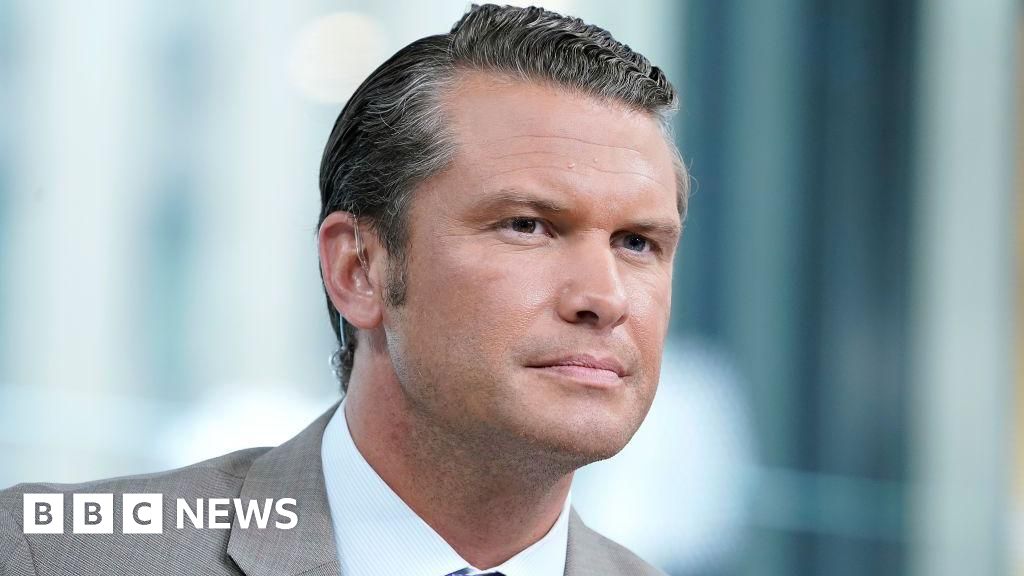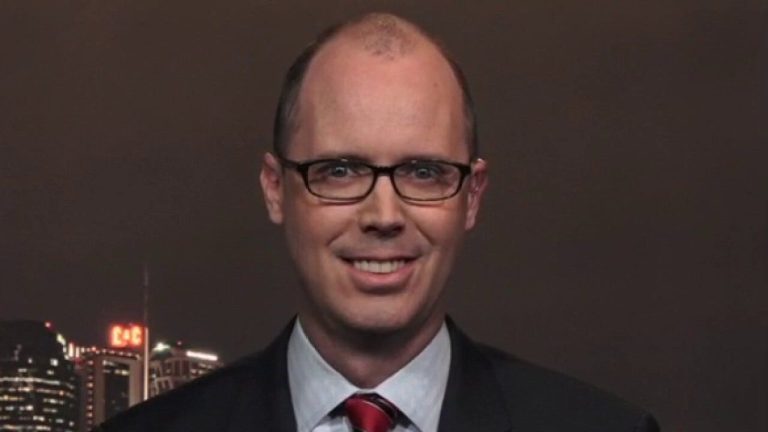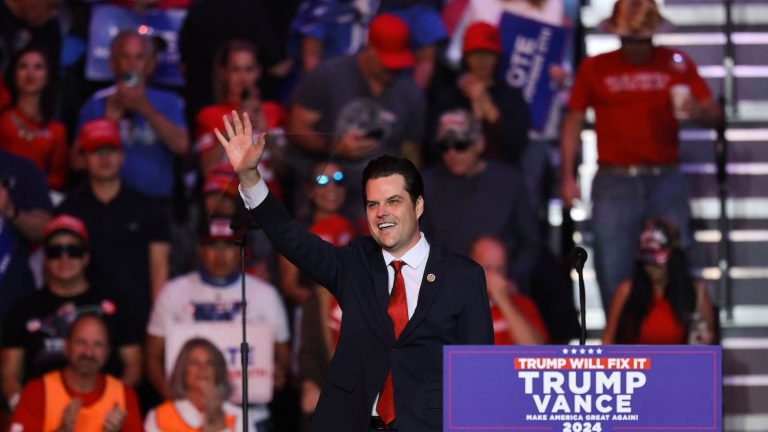When Republican President-elect Donald Trump announced on Wednesday that Pete Hegseth, a television host and a war veteran, was his nominee for defence secretary, the decision came as a surprise to many in Washington. The reasons for the shock were manifold.
Historically, the role of the defence secretary has been filled by seasoned civil servants, experienced politicians, and high-level executives with intimate knowledge of defence policies, the military, international relations, and strategic planning. Pete Hegseth, best known to the public as a Fox News contributor and former co-host of Fox & Friends Weekend, hardly matches the conventional profile of the Pentagon chief.
A decorated veteran, Hegseth served in the National Guard and fought in Afghanistan and Iraq. He has been quite vocal about his conservative views on defence and security issues, often using his platform on Fox News. However, his limited political experience and the largely media-driven nature of his career to date have raised questions about his readiness to take on the critically important role.
John Bolton, who served as Trump’s national security adviser, expressed his reservations about this nomination. In a recent conversation with the BBC he said, “The post of defence secretary should never be a loyalty appointment.” Bolton’s comment raises the issue of concern that the Hegseth appointment, given his public endorsement of Trump and his policies, may be perceived more as a reward for his loyalty, rather than recognising proven aptitude for this high-stakes role.
Another concern lies in Hegseth’s highly publicized views, which often lean towards aggressive military action. Critics fear that this kind of inclination, when held by the head of the Pentagon, could lead to rash decision-making on national security issues, potentially compromising peace efforts. While Hegseth’s military service earns him an understanding of the realities of war, it does not grant him the statecraft or diplomatic experience generally sought in a defence secretary.
For Trump, the nomination serves a dual purpose. First, it is apt for his strategy of surrounding himself with loyalists who are likely to support his opinions and policies. Second, Hegseth’s frequent on-air appearances and his ability to communicate effectively with the public sync well with Trump’s preference for nominees who can shape public opinion. It is a strategy many assert worked for Trump during his campaign and throughout his presidency.
In conclusion, while Hegseth’s nomination comes as a surprise, it fits into many aspects of Trump’s unconventional approach to leadership. Trump’s presidency has been defined by an intention to disrupt traditional norms and his nomination for defence secretary is no exception.
However, it raises critical questions about the nature of top-level appointments and the importance of experience and proven ability in handling delicate matters of national and international security. The evolving scenario calls for a careful evaluation of Hegseth’s ability not just as a military veteran or a media personality, but as the future defence secretary of the United States. At this point, only time will tell how this surprising appointment fulfills or challenges the expectations placed upon it.




